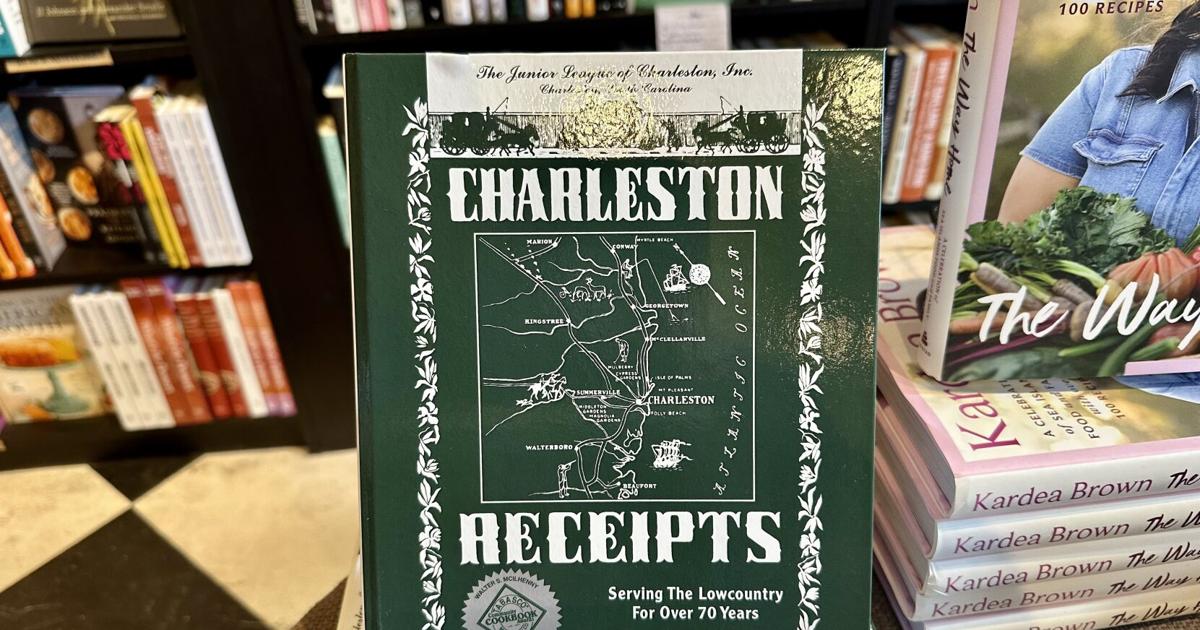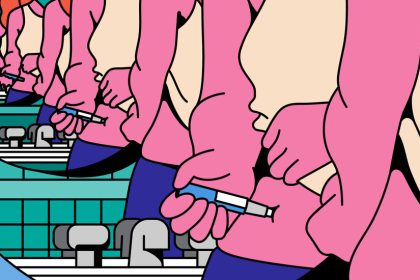In the Lowcountry culinary scene, no true Charleston chef would be complete without a copy of the beloved cookbook, “Charleston Receipts.” This iconic cookbook, which celebrates its 75th anniversary this November, has sold nearly 884,000 copies, capturing the hearts and kitchens of everyone from elite food enthusiasts to casual home cooks.
Crafted by the Junior League of Charleston (JLC), the cookbook began with a modest investment of $150 and seven months dedicated to collecting, testing, and organizing recipes that reflect the palate of 1950s Charleston, according to Amy Jenkins, the chapter’s executive director.
The very first printing of 2,000 copies flew off the shelves within just four days, a testament to its immediate popularity. The success of the cookbook has paralleled the growth of the JLC, which now boasts almost 1,000 members dedicated to promoting women’s leadership and community service. Revenue from cookbook sales supports more than 50 programs initiated by the Junior League, including partnerships with Roper United Way, the Charleston Rolling Library, and Horizon House.
One of the notable initiatives spearheaded by the Junior League is the Dee Norton Child Advocacy Center, which the group started before transferring it to independent management. Additionally, the league operates the Junior League of Charleston Diaper Bank, which has provided over 1 million diapers to more than 20,000 families in need. Jenkins highlights the broad impact of the Junior League, stating, “Nearly every nonprofit in Charleston has been impacted by the Junior League of Charleston because our women go and work as volunteers or board members, or start new nonprofits, or start programs that are absorbed by nonprofits.”
The 350-page cookbook carries rich historical significance, featuring recipes that often originated from Gullah Geechie cooks connected to many of the league families. Jenkins explained, “A lot of the recipes may actually have been original to the cook in the house. The League members who were a part of the original committee used their strong relationships with local cooks to publish many recipes that were previously unwritten. Even back then, they saw the importance of honoring everyone who contributed to this book, which is why the book has Gullah verses and sketches by Charleston artists.”
The cookbook often attributes recipes directly to family cooks, noting their names in the recipe descriptions. Each section begins with Gullah phrases, and many recipes come alive with personal anecdotes about the cooks. A significant update came in 1989, when the 26th printing included translations of the Gullah phrases featured throughout the book.
Lowcountry chef and cultural advocate B.J. Dennis referred to the cookbook as “a gem of a book,” acknowledging its role in preserving the Gullah Geechee culture in Charleston. He remarked, “It’s one of the few historical books of any sort from Charleston that gives some slight reverence to the importance of Gullah Geechee culture to this city’s culture.”
As the Junior League prepares to honor this milestone, they are also planning a reprint of “Charleston Receipts” in the coming years. Jenkins noted that there will be a new foreword and collaboration with several noted historians to contextualize the historical relationships between the service staff and league members. “We may be updating some recipes, but most importantly, we want to preserve the book as it is, because it speaks back to a time and place important to all of us,” she stated. “It’s as much a history book as a cookbook.”
This cookbook serves not just as a collection of recipes but as a time capsule of Charleston’s culinary heritage. For instance, it contains a directive for how to prepare and cook squirrels, signifying its deep-rooted traditions. Jenkins affirmed the continued relevance of these recipes, asserting, “I certainly think the cheese straws are one of my favorite recipes, and I make the Huguenot Torte most Thanksgivings. Of course, there are some recipes, like the one for Roast Possum. I think not a lot of us are finding possum these days. We’re so fortunate to work with acclaimed individuals who are helping us navigate the next printing. We have to weigh updating, maybe reformatting and keeping it relevant with preserving this treasure.”






